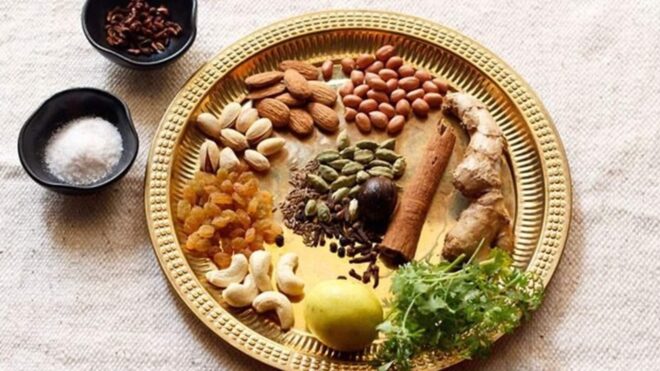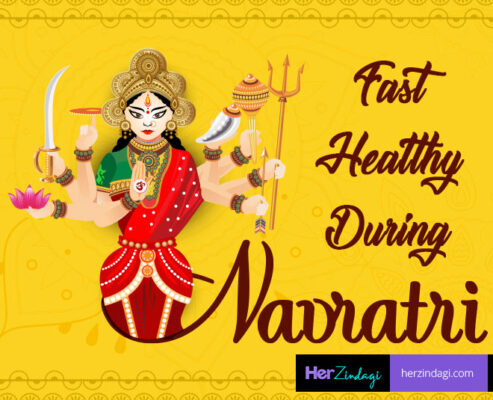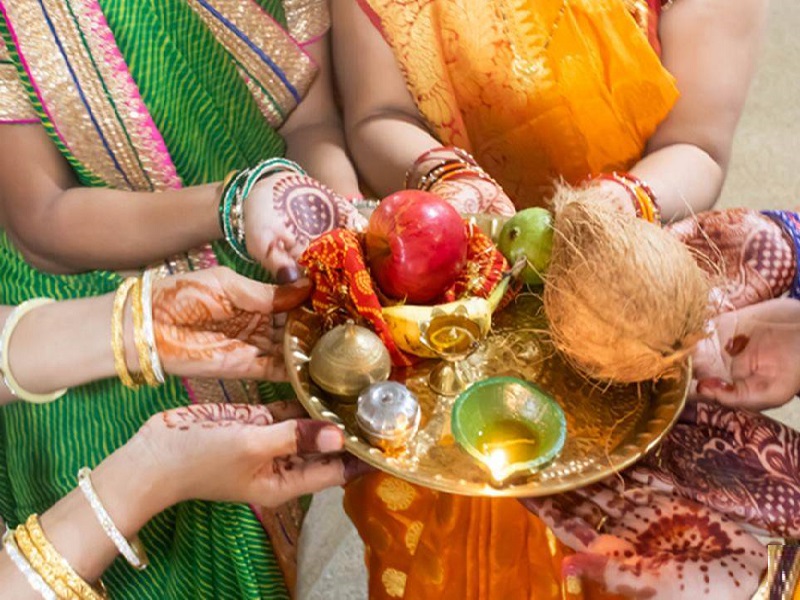During the time of Navratri, devotees have to strictly follow rituals and rules. There are restrictions on food and living that they have to follow consistently for nine days. The days are filled with various rituals that make it one of the difficult offerings to the Goddess Parvati. Navratri is one of the most important festivals celebrated in the month of Chaitra ranging from the northern parts to other corners of India. According to the customs restriction some food items are necessary to keep the entire rituals to continue uninterrupted and completed successfully.
Hindu religion does not allow to have non-vegetarian food during puja or offering to Devi Durga or any other God. Eggs, meats, and chicken are strictly restricted to be taken during the nine days of puja.
Apart from it, few vegetables should not be allowed to be taken which can lead to disturbances and obstacles.

Nine days of Navratri and food not to be taken
Fasting throughout the nine days of Navratri is a difficult task. Each day the devotees have their bath and then attend the pujas ceremonies. Until the puja completes they do not have food. Fasting for long hours is challenging which requires maintaining good health and devotion both together.
Foods are categorized as per their place of growth. Vegetables that grow underground are not taken for the nine days period. Such as onions and garlic that are underground rooted are not consumed. Both vegetables are considered non-vegetarian food items.
The taking of garlic and onions cooked may lead to bloats and gas in the stomach. It increases the temperature of the body leading to uneasy feelings, anger, and other related issues.
Brinjal and Potatoes
Two vegetables are easy to cook and also favorite for many people. For those people, they have to divert towards fruits, as brinjal may cause inflammation on excessive intake. While potatoes grow underground that is strictly restricted from eating. Sweet potatoes are consumed during Navratri.

Citric enriched such as tomatoes and tamarind
Vegetables such as tomatoes and tamarind are rich in citrous acid. It is good for health but when taken on an empty stomach can lead to ingestion and acidic conditions. Sour-based food items are not suitable for the long-term process and days of fasting. According to the customs, it is not allowed to take sour items as it may mislead a person into diverting their minds.
Never consume food outside
When devotees are completely dedicated to the puja of Navratri, it is essential to take food at home. Having food at home ensures that the items are specifically made from the required items. Often the food outside made as Prasad or food for Vrat or fasting taken may lead to indigestion. It can lead to an interrupt in your Navratri puja.
To enjoy the festivities of the nine days of Navratri it is essential to consume nutritious food. Avoiding the above-mentioned food can help to complete the fasting and offering to Devi Durga without any obstacles.





